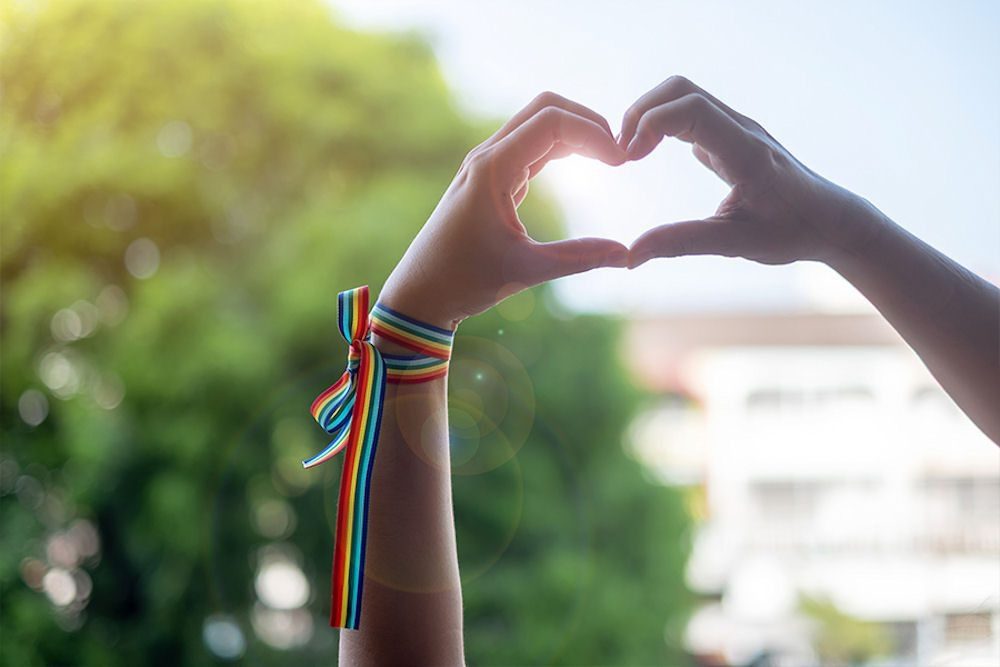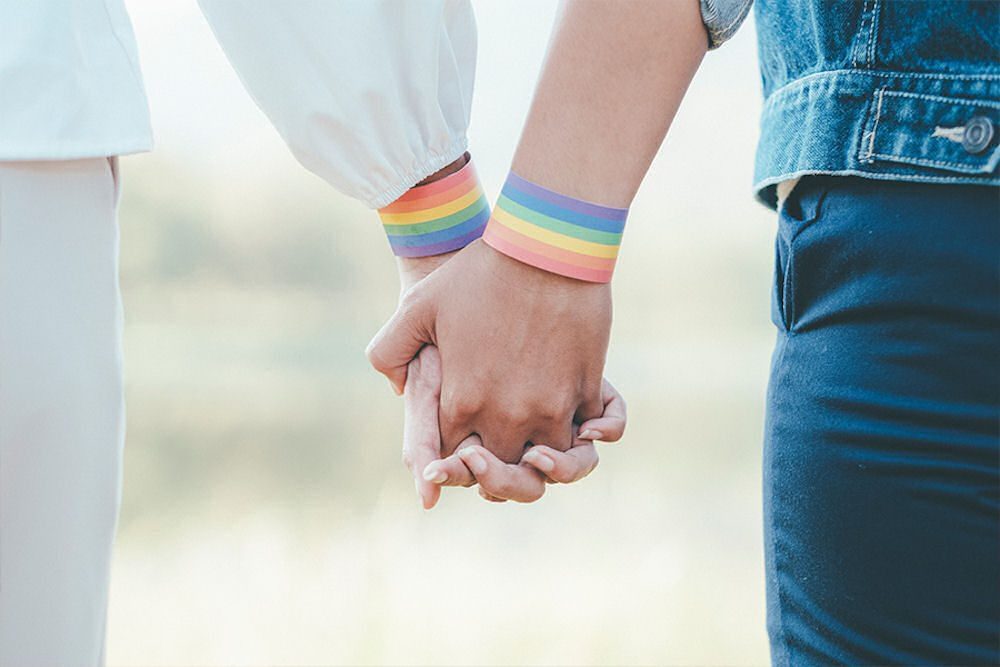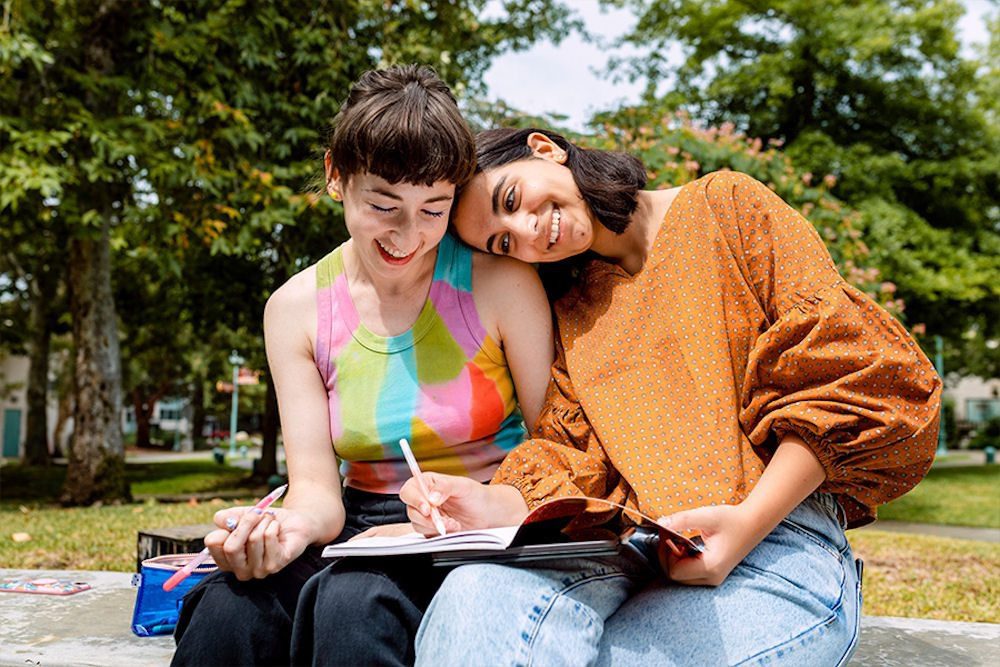Mental health support is essential for everyone, but for LGBTQ individuals, finding a safe and understanding space can be particularly important. Group therapy offers a unique therapeutic approach where individuals share experiences, gain insights, and build connections under the guidance of a trained professional. Whether the focus is on coming out, gender transition, managing anxiety, or even struggles unrelated to identity, these groups provide validation and practical coping strategies.
Discover what LGBTQ group therapy is, the common issues it addresses for this marginalized community, the benefits of this therapy type, and the specialized support The Lovett Center offers for the LGBTQ community.
What Is Group Therapy?
Group therapy is a form of psychotherapy where a small group of individuals meets regularly with a licensed therapist to discuss emotional challenges, share experiences, and support one another. Unlike individual therapy, it leverages the collective strength of shared stories to promote healing.
Sessions are typically structured, lasting 60-90 minutes, and may focus on specific themes like anxiety, depression, trauma, or relationship issues. The therapist guides discussions, ensuring a safe, confidential, and productive environment. Members are encouraged to participate at their comfort level, offering and receiving feedback in a non-judgmental space.
How Is LGBTQ Group Therapy Different?

While traditional group therapy is beneficial, LGBTQ group therapy is tailored to address the unique experiences of queer and transgender individuals. The key differences include:
- Affirming Environment: LGBTQ people may face discrimination or misunderstanding in general therapy settings. LGBTQ-specific groups ensure a safe space where members can openly discuss identity-related concerns without fear of judgment.
- Specialized Topics: Discussions often focus on LGBTQ-specific issues, such as coming out, gender dysphoria, family rejection, workplace discrimination, and navigating relationships within the community.
- Culturally Aware Therapists: Facilitators are trained in LGBTQ-affirming care, understanding the nuances of sexual orientation and gender identity, which helps build trust and rapport.
- Peer Validation: LGBTQ individuals often experience isolation. Being surrounded by others who share similar struggles fosters a sense of belonging and reduces loneliness.
- Intersectional Support: These groups recognize how race, disability, and socioeconomic status intersect with LGBTQ identities, offering more inclusive support.
By addressing these unique needs, LGBTQ group therapy provides a more relevant and empowering experience than general groups.
What Are the Different Types of Group Therapy?
While LGBTQ-specific group therapy is effective for those within the community, many other types of group therapy provide benefits to their participants, including:
- Psychoeducational Groups: This type of group therapy focuses on teaching coping skills and mental health education, such as stress management.
- Support Groups: Support groups provide emotional support through shared experiences (e.g., transgender support groups, LGBTQ addiction recovery).
- Process-Oriented Groups: Explore emotions and interpersonal dynamics in-depth, allowing members to discuss personal challenges openly.
- Cognitive-Behavioral Therapy (CBT) Groups: Cognitive behavioral therapy helps members identify and reframe negative thought patterns, which is beneficial for anxiety and depression.
- Skills Development Groups: With a focus on practical skill-building, skills development groups teach competencies like communication, boundary-setting, and emotional regulation.
- Trauma-Focused Groups: Much like trauma-informed therapy, this type of group counseling addresses PTSD, discrimination-related trauma, or childhood abuse in a structured setting.
For LGBTQ individuals, specialized versions of these groups ensure discussions remain relevant to their experiences, such as gender-affirming process groups or queer-specific CBT for anxiety.
LGBTQ Issues Group Therapy Can Address

LGBTQ group therapy helps individuals navigate challenges unique to their identities, including:


